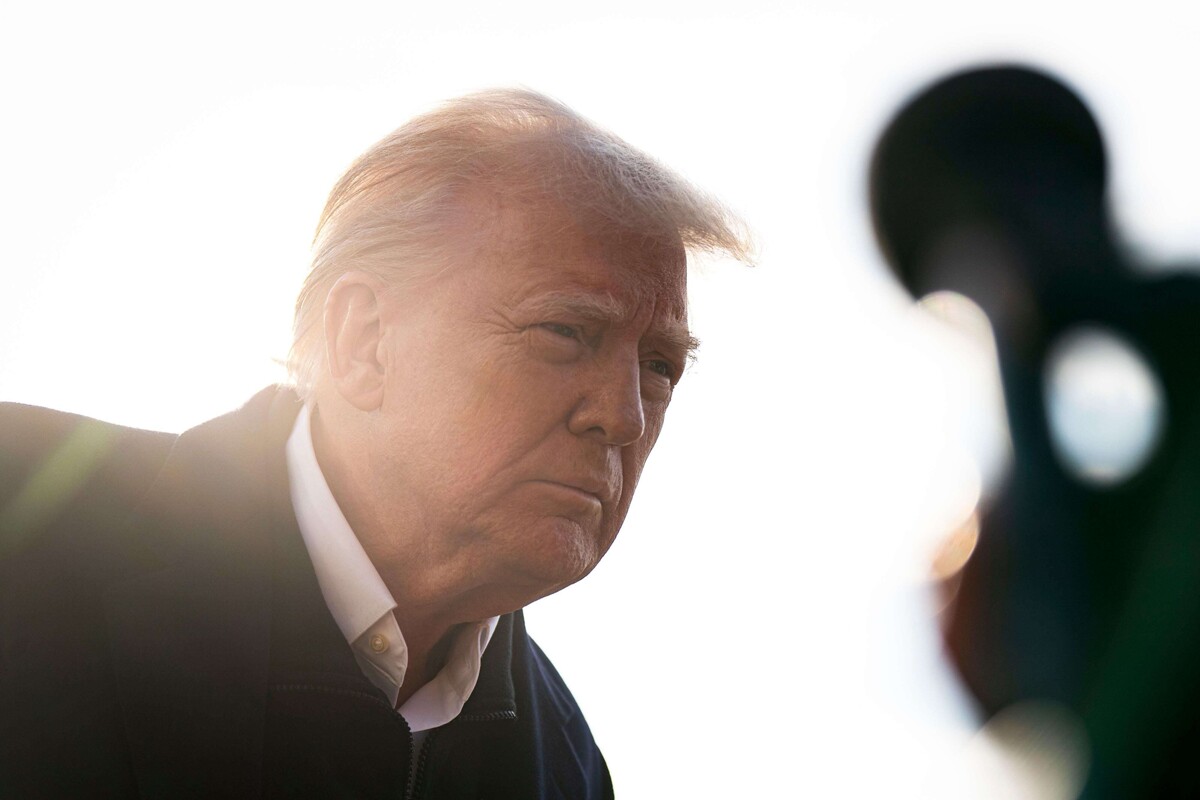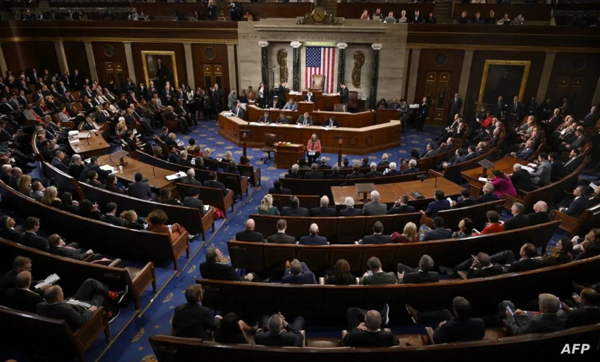
In the United States, intense struggles for civil rights and social equality have been fought, led by movements advocating for African Americans, feminists, and the LGBT community. These struggles have resulted in important legislative milestones, such as the Civil Rights Act of 1964 and the Voting Rights Act of 1965, which have helped eradicate discrimination and promote equality in various areas.
Through protests, marches, and awareness campaigns, social movements have managed to highlight injustices and press institutions to implement reforms that have changed conditions and social perceptions around equality and human rights. These actions have had an impact both nationally and internationally.
In this context, the rhetoric promoted by President Trump highlights the need to protect traditional "America" and men against what he perceives as an attack on their values and masculine identity. Trump positions himself as a defender of a teen masculinity, according to specialist R. Reeves, using language that portrays his supporters as victims of a liberal elite that undermines their values.
Trump has created a space where insecure men find mutual support and seek to reaffirm their masculinity as a form of resistance to social changes. However, the limits of this movement depend on the ability to reorganize and redirect the struggle for civil rights and equality both within and outside the United States.
Movements like Black Lives Matter have expanded the fight against violence towards all black lives, advocating for equity and non-discrimination in various fields. Despite the social and cultural advancements that have occurred in the second half of the 20th century, challenges persist in terms of inequality and fulfilling promises of growth and development for all.
Trump's discourse and behavior, influenced by a crisis of masculinity, have been analyzed by experts like Alejandra Haas. Trump stands out for his communication style that emphasizes traits of traditional masculinity, such as aggressiveness and competitiveness, while neglecting the vulnerability and emotionality associated with an inclusive masculinity.
In conclusion, the election in the United States and the influence of figures like Trump invite us to reflect on the crisis of masculinity, the challenges in terms of equality, and the need to continue promoting civil rights, human rights, and social inclusion as fundamental pillars of a just society.














